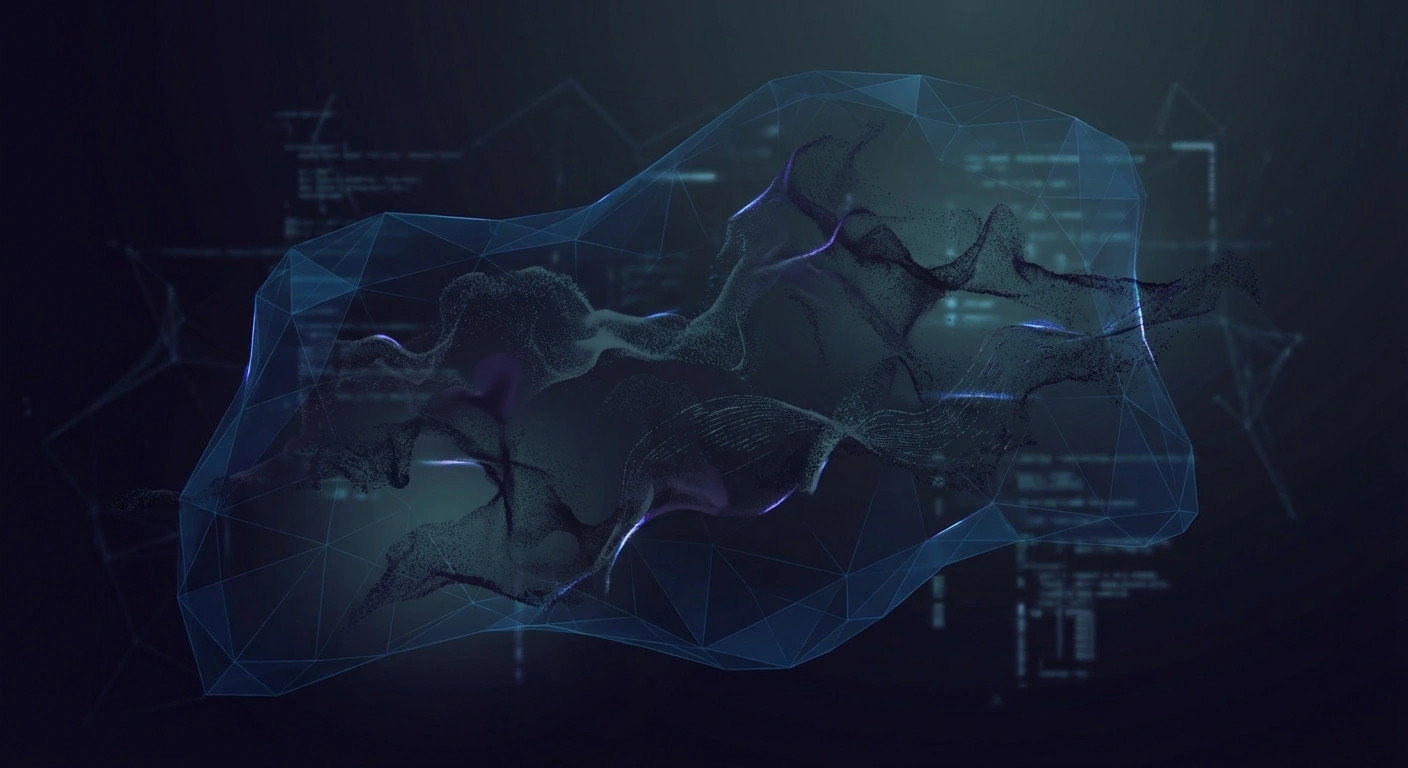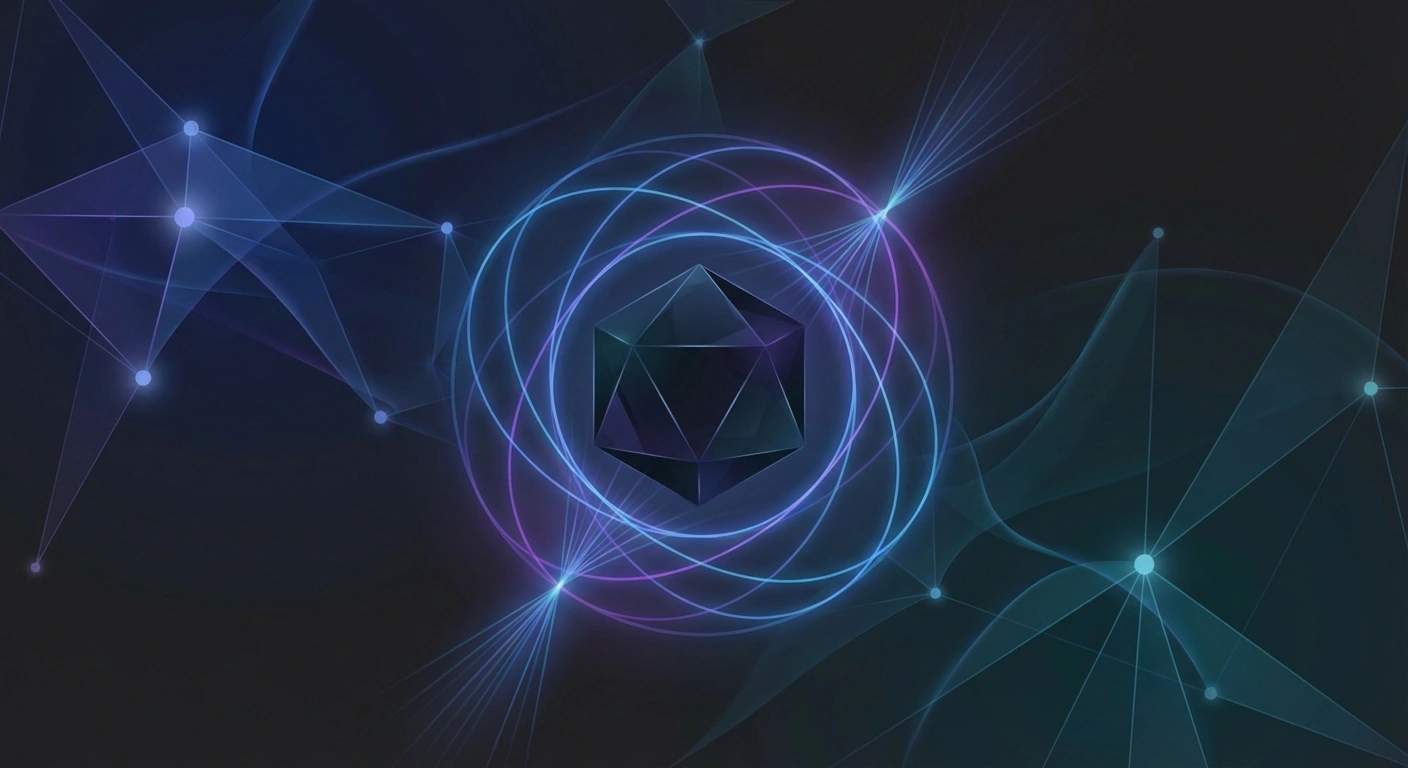Netflix Bets Big on AI Video as Hollywood Divides
Netflix is accelerating its generative AI investments for content creation and production, while the entertainment industry remains split on synthetic media adoption.

Netflix is making a bold move into generative AI territory, positioning itself at the forefront of a technological revolution that's dividing Hollywood. As the streaming giant goes "all in" on AI-powered content creation tools, the entertainment industry finds itself at a critical crossroads between traditional production methods and synthetic media innovation.
The company's aggressive push into generative AI represents more than just experimentation—it's a strategic bet on the future of content production. While specific technical implementations remain under wraps, Netflix's commitment signals a major shift in how streaming platforms approach video generation, post-production enhancement, and creative workflows.
The Technical Frontier of Entertainment AI
Netflix's AI initiatives likely span multiple domains of synthetic media technology. From AI-enhanced visual effects that can generate complex scenes without traditional CGI rendering farms, to automated dubbing and lip-sync technology that preserves actor performances across languages, the technical possibilities are vast. The platform could be developing proprietary models for background generation, crowd simulation, or even creating digital doubles of actors for dangerous stunts.
The streaming service has unique advantages in this space: massive computational resources, extensive training data from its content library, and the ability to A/B test AI-generated elements with its global audience. This positions Netflix to potentially develop industry-leading synthetic media capabilities that could fundamentally alter production economics.
Industry Division and Digital Authenticity Concerns
While Netflix charges ahead, the broader entertainment industry remains deeply divided on AI adoption. Traditional studios, actors' guilds, and creative professionals express concerns about job displacement, artistic integrity, and the authenticity of AI-generated content. The recent writers' and actors' strikes highlighted these tensions, with AI usage becoming a central negotiating point.
This division raises critical questions about digital authenticity in entertainment. As AI-generated elements become indistinguishable from traditionally produced content, viewers may demand transparency about what portions of their entertainment are synthetic. Content authentication protocols like C2PA could become essential for maintaining trust between creators and audiences.
Implications for Content Creation Infrastructure
Netflix's investment could accelerate the development of professional-grade AI video tools that democratize high-quality content creation. If successful, their technologies might trickle down to independent creators, fundamentally changing the competitive landscape of streaming content. Small studios could potentially produce Netflix-quality visuals without million-dollar budgets.
The move also signals a shift in how streaming platforms view AI—not as a threat to creativity, but as a tool to enhance it. By investing heavily in generative AI, Netflix is betting that audiences will accept, and even embrace, content that blends human creativity with machine generation, provided the storytelling remains compelling.
As the industry watches Netflix's bold experiment, the outcome could determine whether Hollywood's future lies in preserving traditional production methods or embracing a hybrid model where human creativity directs increasingly sophisticated AI tools. The success or failure of this initiative will likely influence how the entire entertainment industry approaches synthetic media for years to come.
Stay informed on AI video and digital authenticity. Follow Skrew AI News.



